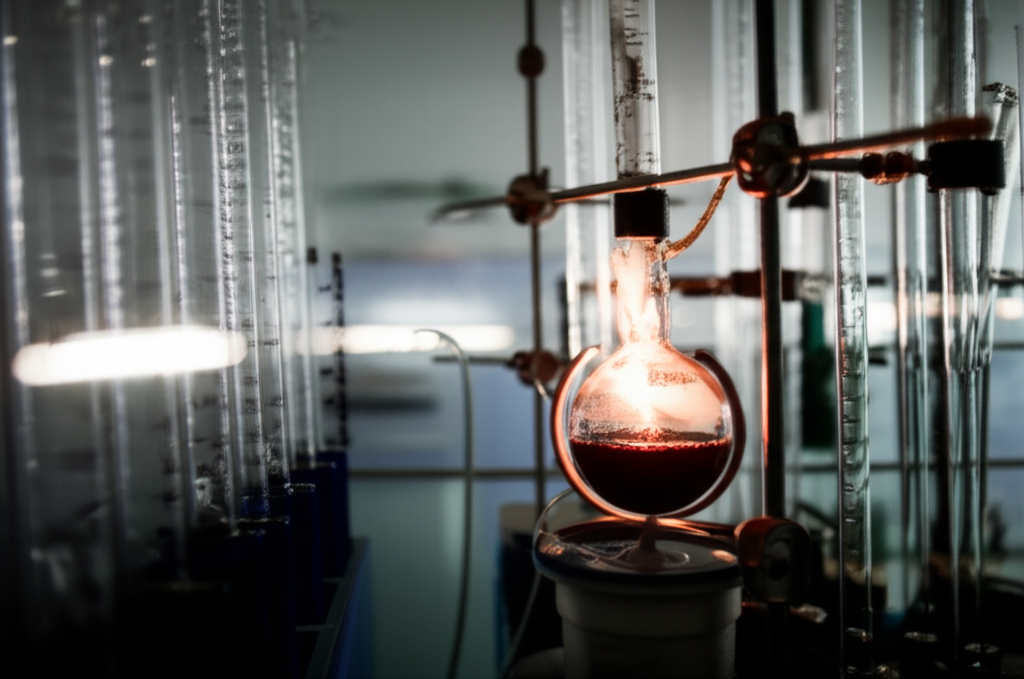The textile industry has long relied on traditional scouring methods for cotton pre-treatment, which involve harsh chemicals like sodium hydroxide, high temperatures, and extensive water consumption. While effective in removing natural impurities such as waxes, pectins, and proteins, these conventional processes are environmentally intensive, leading to significant wastewater discharge laden with pollutants. The imperative for sustainable manufacturing practices has driven the search for cleaner, more efficient alternatives.
Enter bio-scouring, a revolutionary technology that represents a paradigm shift in textile processing. This innovative approach harnesses the power of enzymes – nature's own catalysts – to selectively break down non-cellulosic impurities from textile fibers, primarily cotton. Unlike the broad, non-selective action of harsh chemicals, bio-scouring enzymes offer remarkable specificity, targeting only the unwanted substances without damaging the valuable cellulose fibers. This specificity is key to achieving both environmental benefits and superior fabric quality.
The effectiveness of bio-scouring hinges on the precise catalytic action of various enzyme classes. Pectinases are central to this process, meticulously hydrolyzing the pectins that contribute to the rigidity and hydrophobic nature of raw cotton. By breaking down these complex polysaccharides into water-soluble fragments, pectinases facilitate their easy removal and enhance the fiber's wettability. Hemicellulases, such as xylanases and mannanases, further contribute by degrading other complex carbohydrates. Proteases target and eliminate proteinaceous impurities, ensuring a cleaner fiber surface. In controlled applications, cellulases can also be used for 'biopolishing', gently modifying the fiber surface to achieve a smoother feel and reduced pilling without compromising fiber strength.
The adoption of bio-scouring technologies brings forth a multitude of advantages, positioning it as a compelling alternative for textile manufacturers. Environmentally, it drastically reduces the footprint of textile processing by significantly decreasing water and energy consumption, as enzymes operate effectively at milder temperatures (typically 40-60°C) and neutral or slightly acidic pH conditions. This leads to a substantial reduction in the discharge of harsh and polluting chemicals into wastewater, as the enzymes themselves are naturally biodegradable. From an operational perspective, bio-scouring often simplifies the process, reducing reworks due to improved dyeability and fewer defects. While there are enzyme costs, the overall reductions in water, energy, and chemical usage can lead to significant cost efficiencies in the long run.

Beyond environmental sustainability and operational efficiency, bio-scouring leads to tangibly enhanced fabric properties. Fabrics treated with this enzymatic method often exhibit a noticeably softer and smoother handle, a quality highly valued in finished textiles. Crucially, cleaner fibers result in improved and more uniform dye uptake, reducing the need for re-dyeing and ensuring consistent color rendition across batches. The reduced fiber damage, owing to the specificity of enzymes, preserves the fabric's intrinsic strength and integrity, contributing to its durability and lifespan.
Bio-scouring is no longer a nascent technology; it has found increasing adoption across various sectors of the textile industry. It is widely used as a pre-treatment step in denim processing, improving the consistency of washes and reducing reliance on harsh chemical treatments. For cotton knitwear, it enhances softness, drape, and dye uptake, making it a gentler and more suitable alternative than traditional methods. Towelling and home textiles also benefit greatly from the enhanced softness and absorbency imparted by bio-scouring. Furthermore, it significantly improves the efficiency of reactive dyeing, leading to higher dye fixation rates and reduced dye consumption. NINGBO INNO PHARMCHEM CO.,LTD. is a leading manufacturer and supplier of advanced bio-scouring enzymes, offering solutions tailored to meet the diverse needs of the textile industry.
NINGBO INNO PHARMCHEM CO.,LTD. is committed to fostering a more sustainable future for the global textile industry through innovative enzymatic solutions. Their bio-scouring enzymes represent a pivotal step towards greener, more efficient, and higher-quality textile production. For textile companies looking to integrate sustainable pre-treatment methods and enhance their product offerings, exploring these enzymatic solutions is a strategic imperative. To buy or purchase high-quality bio-scouring enzymes, or to inquire about price and detailed product specifications, textile professionals are encouraged to reach out to a trusted supplier like NINGBO INNO PHARMCHEM CO.,LTD.
Manufacturing Facilities






Professional Export Experience
to Global Customers

1. 20 years of R&D, manufacturing and sales experience, serving customers in 60 countries and regions around the world;
2. Own R&D laboratory, pilot platform and large-scale production workshop, which can meet the audit requirements of global customers;
3. We can satisfy customers' perfect transition from small scale lab requirements (gram level) to commercialization requirements (hundred tons level).
A: We don't have Minimum Order Quantity, exact quantity should be provided before quotation for us to calculate the exact cost.
A: We don't provide free samples due to lots of request and expensive international courier's cost, we can deduct the sample charge after commercial order placed.
A: Our payment terms: Small or sample order: T/T IN ADVANCE. Commercial order: First order should be by T/T IN ADVANCE or L/C at sight, and following orders T/T 30~90days is acceptable subject to approval of credit application.